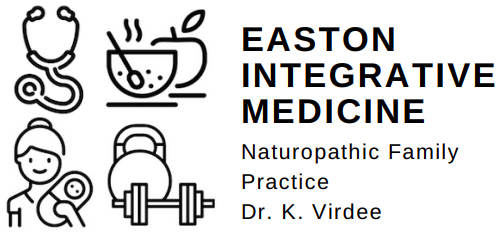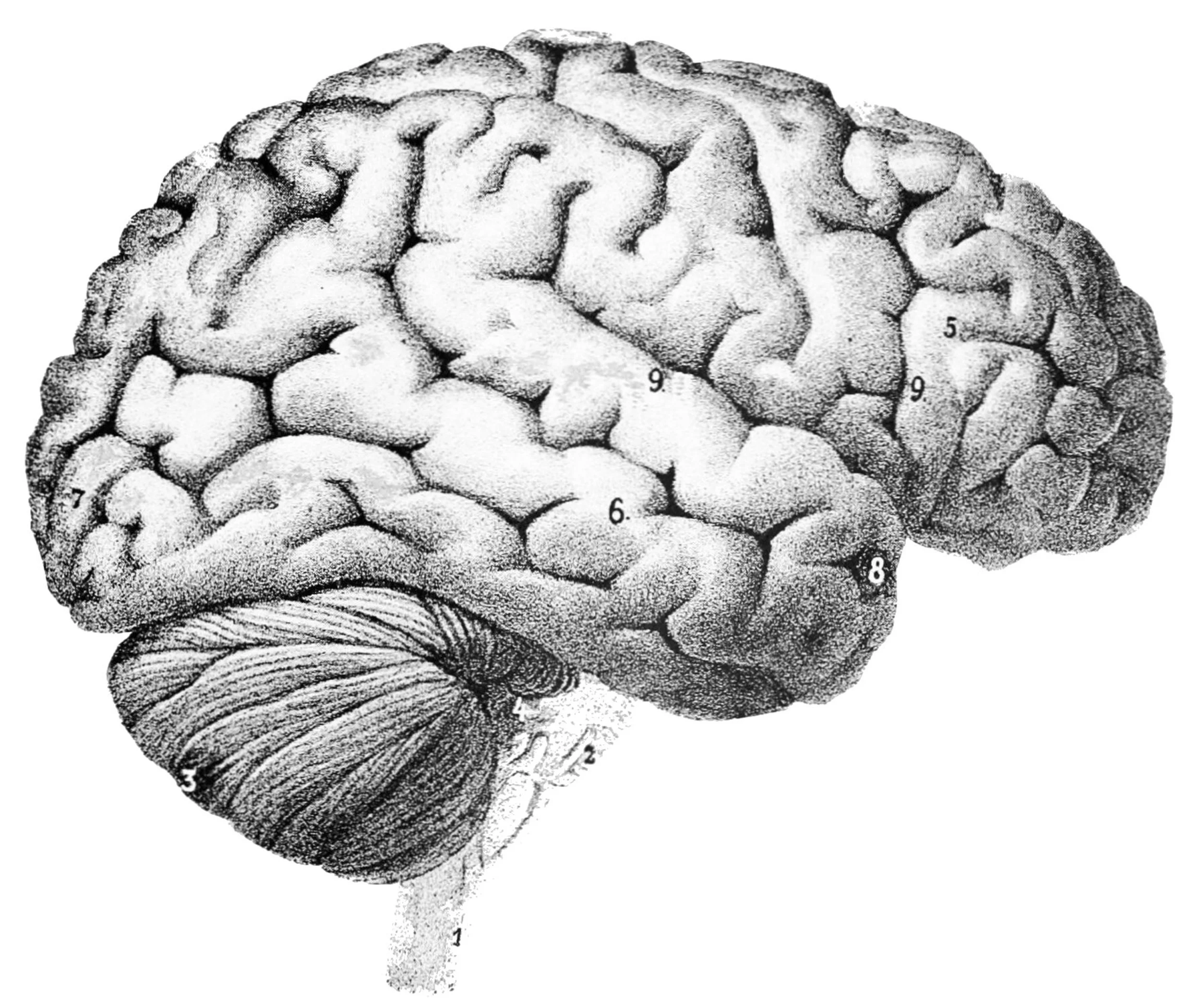Letters for the Anxious Person: The Most Important Decision We Make In Life
“The most important decision we make in life is whether we believe we live in a friendly or hostile universe.” ~ Albert Einstein
Dear Anxious Person,
You’re probably reading Einstein’s quote and kicking yourself for not being able to make this seemingly simple decision about your life. Or, perhaps it inspires feelings of resistance. You’ve may have already heard similar sentiments from friends, counselors, spouses and self-help books. I assure you, every anxious person can wholeheartedly agree that that it's really not that simple.
And you’re SO right! It’s NOT that simple. Anxious people are some of the most misunderstood groups in our society. This is because an anxious brain functions very differently than a contented brain. Our society expects a certain standard of functioning in the workplace, in social settings, and at home. This can pose as challenge for people living with anxiey. The age old stigma related to mental health issues is that one can simply “think and talk” themselves into feeling better. This implies that anxious people are lazy, that they're not trying hard enough to make their lives better. When anxious people are unable to meet these demands, its easy to feel consumed by guilt, to feel the weight of blame on yourself and to feel as if you'll just never be enough.
The key in transforming your relationship with yourself and your anxious brain is in understanding how your anxious brain functions, why it functions that way and how you can begin to "re-wire" your brain to help it see the world as a safer place.
Decoding the Anxious Brain:
One of the fastest growing fields of research on mental wellness is how the brain of anxious people function differently compared to contented people. The part of our brain that processes information and determines whether or not we are in safe or in danger is called the “Limbic System”. The limbic system is what recieves information from our environment, processes that information and determines whether the information is a threat to us or not. We are not in conscious control of this part of our body. Within seconds, our limbic system can sift through incoming sounds, visual cues and situations and prepare our body for a battle or escape through activating our sympathetic "stressed out fight or flight" response. It can also shift our bodies into a state of total relaxation known as our parasympathetic "rest and digest" response. Our limbic system was designed to help us to survive through life threatening experiences such as being attacked by lions or having to preserve land, water and other resources when they were in threat. You are likely here today because your ancestors had a very robust "stress" response that guaranteed survival of your lineage. When the limbic system is functioning properly we are only moved into experiencing symptoms of stress when we are actually in threat of danger. You can figure out which system predominates in your life by asking yourself, "Do I usually feel stressed out? Overwhelmed? As if I'm constantly 'running' to meet deadlines?" If yes, then you're probably functioning under the "fight or flight" response on a day to day basis. Now think about the person you know who seems to be so grounded that even the most catastrophic situation seems to leave them unphased. This person is likely generally functioning under their parasympathetic nervous system and is able to make decisions and evade stressful situations while maintaining inner calm.
In anxious people, the amygdala, a key unit of the limbic system tends to be bigger and more emotionally reactive to incoming information compared to a contented brain. It will process information as dangerous and will contribute to feelings of fear, anger, resentment and other negative emotions. It will also relay distress signals to other parts of the body such as the adrenal glands about the level danger that we are in. The adrenal glands will respond to the fear by releasing adrenaline. Adrenaline is what causes the physical symptoms associated with anxiety – flushing, shaking, increased breathing, heart palpitations and racing thoughts. So, the big take home point here is that we are NOT in conscious control of whether we feel as if the world is a safe or unsafe place. When people are under signficant stress or have experienced emotional trauma, their limbic system seems to almost "take over" to prevent the experience of further trauma. The downside is that in order to preserve life, one shifts into a pattern of thinking about worst case scenarios and hazardous thoughts.
“Hacking into” your Limbic system:
Understanding that you’re not 100% at fault for your anxious and depressive thoughts can be a very liberating experience. It is also possible to "re-wire" your nervous system to process information in a healthier way. How? The key is in beginning a mindfulness based meditation practice. Mindfulness meditation has been found to reshape the brain structure of anxious people. It's been found to reduce the size of the amygdala, increase grey matter of the brain and improve feelings of wellbeing. So, in essence, you can literally choose to decide to see the universe as a safe place by changing your brain's internal circuitry.
Changing your mind:
Now that you understand that your anxious brain actually really cares about you so much that it’s working overtime to ensure your safety, you can sit back and take a few deep breaths. Everything is okay, you are fine. Developing a mindfulness practice is quite simple and will help with regaining control of your thoughts and shift out of destructive patterns of thinking. It will reduce the impact that your anxious feeling have on your relationships with your family and friends, performance at work and self-esteem.
InsightTimer is my favorite free meditation app. It gives beginners the ability to explore many different types of meditation and experience what types of meditations are most helpful. Before you get started, remember the following:
Habits take time and patience to develop. Take baby steps. Your own baby steps are what enabled you to eventually walk, leap, and run boundlessly.
Please feel free to write back (comment below),
Dr. K. Virdee
P.S. Stay tuned for my letter next week on Food for Anxious Thoughts :)





